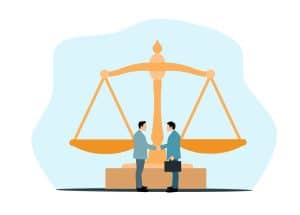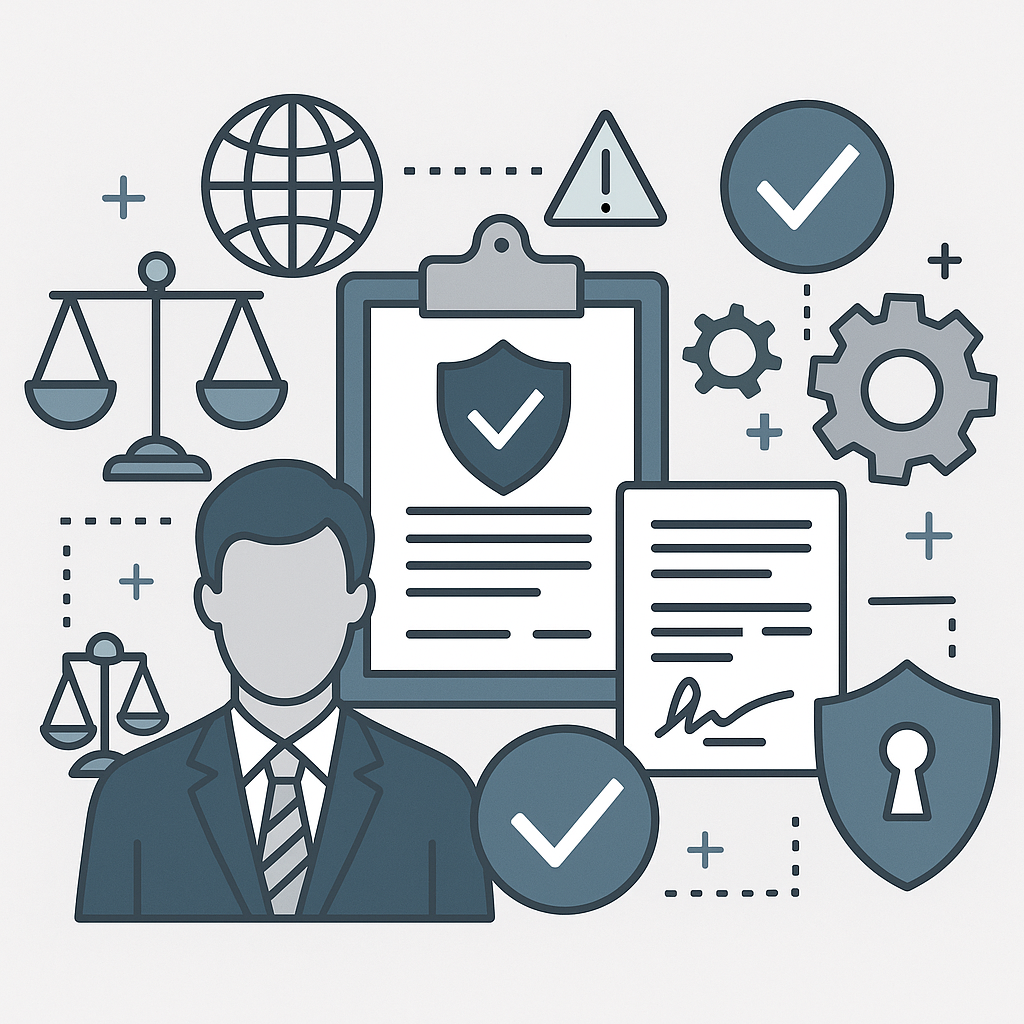A plane crash is a catastrophic event that often results in profound physical, emotional, and financial repercussions. For victims and their families, the journey toward justice and compensation can be a challenging one. Navigating the complexities of aviation law requires the expertise of a skilled attorney with specialized knowledge and experience.
Choosing the right plane crash attorney is a critical step in ensuring your rights are protected and that you receive fair compensation for your losses. The process involves evaluating experience, resources, and reputation to find a lawyer who can effectively represent your case. Here’s a detailed guide to help you make an informed decision.
1. Prioritize Specialized Experience in Aviation Law
Aviation law is a complex legal field that deals with regulatory frameworks, accident investigations, and liability issues unique to air travel. Hiring an attorney who specializes in this area is essential for the success of your case. Unlike general personal injury lawyers, aviation attorneys possess a deep understanding of:
- Federal Aviation Administration (FAA) Regulations: These govern safety standards for pilots, airlines, and manufacturers.
- National Transportation Safety Board (NTSB) Procedures: Investigating the causes of aviation accidents often requires working closely with NTSB findings.
- Aviation-Specific Factors: This includes pilot error, mechanical failure, air traffic control issues, and weather-related conditions.
When consulting with potential attorneys, ask about their specific experience handling plane crash cases. The more specialized their expertise, the better equipped they will be to navigate the intricacies of your case.
2. Examine Their Track Record of Success
The attorney’s track record is a crucial indicator of their ability to handle your case effectively. Review their history to assess:
- Case Outcomes: Look for attorneys with a proven history of securing significant settlements or verdicts for their clients.
- Experience with Complex Cases: Plane crashes often involve multiple liable parties, including airlines, aircraft manufacturers, maintenance providers, and air traffic controllers. A successful attorney will have experience handling such multifaceted cases.
- Representative Examples: Ask for details about cases they’ve handled, including the legal strategies they employed and the outcomes achieved.
A strong track record demonstrates not only competence but also the attorney’s commitment to advocating for their client’s rights.
3. Evaluate Resources and Access to Experts
Plane crash cases are resource-intensive and require collaboration with a variety of experts to build a compelling case. An attorney or law firm with the necessary resources can provide:
- Accident Investigators: Professionals who analyze flight data, maintenance records, and black box recordings to determine the cause of the crash.
- Aviation Experts: Specialists who can interpret technical aspects of aviation operations and testify about industry standards.
- Medical Experts: Doctors and rehabilitation specialists who assess injuries and provide evidence of long-term impacts.
- Economic Analysts: Professionals who calculate the financial losses associated with medical expenses, lost wages, and diminished earning capacity.
Attorneys lacking these resources may struggle to effectively litigate against powerful entities like airlines and insurance companies.
4. Consider Client Reviews and Testimonials
Client reviews provide valuable insight into an attorney’s professionalism, communication style, and dedication. Reading testimonials can help you understand how they interact with their clients and whether they prioritize their needs. Look for reviews that mention:
- Responsiveness: Clients should feel that their concerns are addressed promptly and thoroughly.
- Supportive Guidance: Positive reviews often highlight attorneys who were compassionate and helpful throughout the legal process.
- Successful Outcomes: Former clients sharing stories of successful settlements or verdicts are strong indicators of the attorney’s effectiveness.
Online platforms like Avvo, Google Reviews, and legal directories can be useful resources for finding authentic client feedback.
5. Assess Communication and Transparency
Clear and open communication is essential when dealing with a complex case like a plane crash. During initial consultations, pay attention to the attorney’s communication style and willingness to explain:
- Legal Procedures: Do they clearly outline what to expect throughout the case?
- Case Strategy: Are they transparent about their approach, including whether they anticipate settling or going to trial?
- Timeline: Can they provide an estimated timeline for how long the case might take to resolve?
Additionally, discuss their fee structure. Many attorneys work on a contingency basis, meaning they only get paid if you win the case. Ensure you understand any additional costs that might arise.
6. Research Professional Reputation and Standing
An attorney’s reputation within the legal community can provide insight into their credibility and reliability. Research their standing by:
- Checking Credentials: Verify their education, bar admission status, and any special certifications in aviation law.
- Reading Peer Reviews: Legal directories like Martindale-Hubbell provide ratings from other attorneys and judges, offering a perspective on their skills and professionalism.
- Noting Awards and Recognitions: Accolades from legal organizations or publications often indicate a high level of expertise and achievement.
A well-respected attorney is more likely to command attention and credibility in negotiations or court proceedings.
7. Explore Their Network and Collaborative Approach
Plane crash cases often involve multiple parties, making collaboration a key component of a successful legal strategy. Your attorney should have a network of professionals they can consult, including:
- Co-Counsel: Other attorneys specializing in complementary areas of law.
- Industry Professionals: Experts in aviation safety, mechanics, and regulatory compliance.
- Witnesses: Qualified individuals who can testify about aviation standards, crash dynamics, or other relevant factors.
A lawyer with strong connections can build a comprehensive and convincing case, increasing your chances of success.
8. Look for Empathy and Personal Connection
A plane crash case is not just a legal matter—it’s a deeply personal experience. Your attorney should demonstrate empathy and genuine concern for your well-being. During your initial meetings, consider:
- Listening Skills: Are they attentive to your story and sensitive to your emotional state?
- Personalized Attention: Do they tailor their advice and strategy to meet your unique needs?
- Trustworthiness: Do you feel comfortable entrusting them with your case?
Establishing a strong rapport with your attorney can make the legal process more collaborative and less stressful.
9. Ask About Recommendations and Referrals
Recommendations from friends, family, or colleagues can help you identify reputable attorneys. Additionally, some legal directories and associations maintain lists of top-rated aviation attorneys. While recommendations are valuable, always conduct your own research to verify an attorney’s credentials and compatibility with your needs.
One highly regarded legal team in aviation law is plane crash attorneys Katzman, Lampert, and Stoll. Their extensive experience, dedication to their clients, and deep understanding of aviation-related cases make them a reliable choice for individuals seeking justice and fair compensation.
10. Prepare for the Consultation
Before meeting with potential attorneys, prepare a list of questions to assess their suitability. These might include:
- How many plane crash cases have you handled?
- What resources do you have to investigate aviation accidents?
- What is your success rate in cases similar to mine?
- How will you keep me informed about the progress of my case?
Bring any relevant documents, such as medical records, accident reports, or insurance correspondence, to provide a complete picture of your situation.
By taking a proactive approach during consultations, you can make an informed decision about which attorney is best equipped to represent you.







